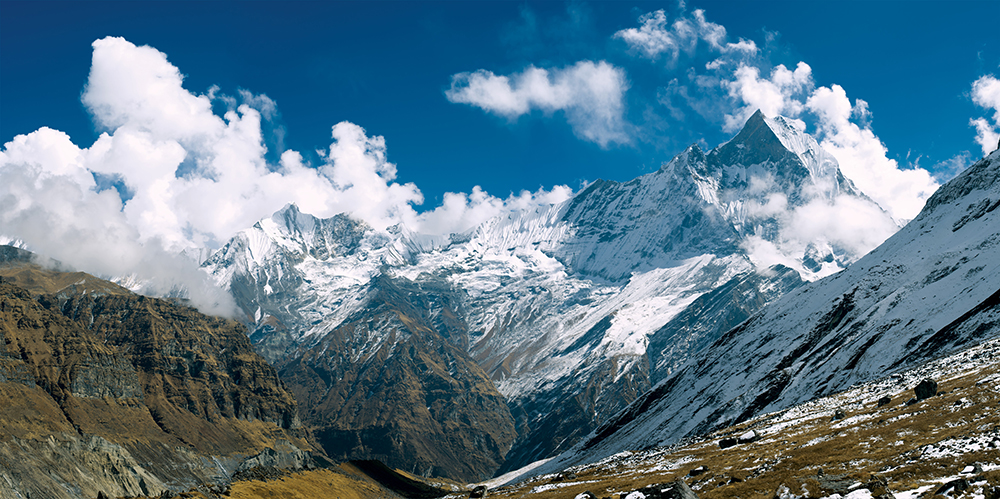Nepal, known for its majestic mountains and rich cultural heritage, is also gaining recognition for its exceptional coffee beans. Nestled in the Himalayas, this small landlocked country is home to a thriving coffee industry that tells a captivating story of passion, dedication, and unwavering commitment to quality. In this blog, we will embark on a journey to explore the fascinating world of Nepali coffee beans, uncovering the tales of the farmers, the unique flavours, and the sustainable practices that contribute to the rise of this hidden gem.
The Birth of Nepali Coffee
Nepal’s coffee industry has its roots in the 1930s when the first coffee plants were introduced by a Rana prince returning from a study trip to Java, Indonesia. However, it wasn’t until the 1980s that coffee production began to gain momentum. Inspired by the success of neighbouring countries like India and Ethiopia, Nepali farmers started experimenting with coffee cultivation. Despite facing numerous challenges, their perseverance and determination laid the foundation for what would become a flourishing coffee industry.
Unique Flavors of Nepali Coffee
Nepali coffee beans boast a distinct flavour profile, offering a delightful experience to coffee connoisseurs. The combination of fertile soil, high-altitude cultivation, and meticulous processing techniques contribute to the unique taste. The beans often exhibit a smooth and medium-bodied texture, with notes of floral, fruity, and nutty flavours. Whether it’s the sweet aroma of jasmine or the subtle hints of citrus, Nepali coffee beans captivate the senses and leave a lasting impression.
Sustainable Farming Practices
One of the remarkable aspects of Nepali coffee production is its commitment to sustainable farming practices. Many coffee farmers in Nepal embrace organic and shade-grown cultivation methods, which not only ensure the preservation of the environment but also result in exceptional coffee quality. By avoiding the use of synthetic pesticides and fertilizers, they prioritize the health of the soil and maintain the delicate balance of the ecosystem. Additionally, shade-grown coffee plantations help maintain biodiversity and provide a habitat for numerous bird species.

Empowering Farmers and Communities
The success of Nepal’s coffee industry is intrinsically tied to the empowerment of local farmers and communities. Through various initiatives and organizations, efforts have been made to train farmers in sustainable farming techniques, improve post-harvest processing, and enhance the overall quality of their coffee beans. Moreover, fair trade practices and direct trade relationships have enabled farmers to receive better prices for their produce, leading to increased income and improved livelihoods. The growth of the coffee industry has also created employment opportunities and contributed to the socio-economic development of rural areas.
Rising Prominence and Future Outlook
In recent years, Nepali coffee beans have been gaining recognition on the international stage. The unique flavours, sustainable practices, and compelling stories behind each cup of Nepali coffee have captured the attention of coffee enthusiasts worldwide. This growing prominence opens doors for increased export opportunities and economic growth for the country. With continued investments in infrastructure, research, and marketing, the future of Nepali coffee beans looks promising.
Wrapping Up!
Nepali coffee beans are not just a commodity; they embody the spirit of the people, the land, and the dedication to quality. The journey of Nepali coffee is a testament to the passion of the farmers, their unwavering commitment to sustainable practices, and the relentless pursuit of excellence. As the coffee industry continues to evolve and gain recognition, it brings economic empowerment to farmers and contributes to the development of rural communities. With their unique flavours and compelling stories, Nepali coffee beans have the potential to carve a niche in the global coffee market.
So, the next time you sip a cup of Nepali coffee, remember that it represents more than just a delicious brew—it tells a story of passion, dedication, and the rich cultural heritage of Nepal.




